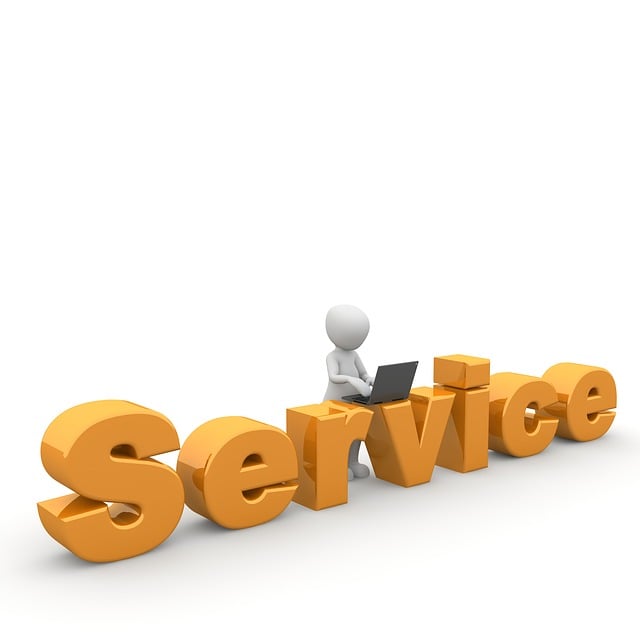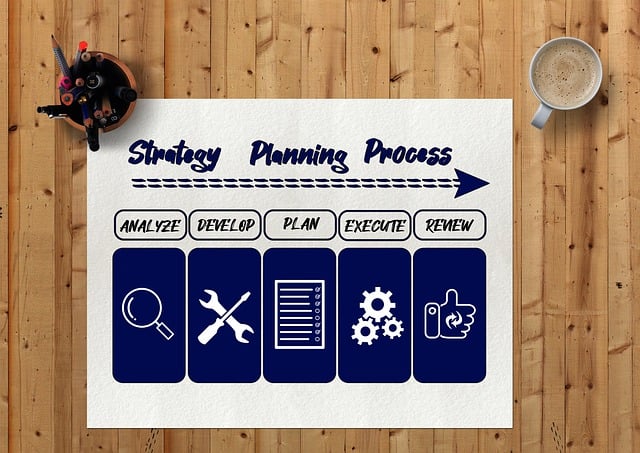In a competitive customer service landscape, swift response times and timely issue resolution (key aspects of a service guarantee) are vital for client satisfaction and loyalty. Businesses can enhance their performance by implementing efficient systems, training staff, and strategically choosing communication methods. Setting clear service guarantee standards, monitored through real-time tracking software and regular audits, ensures promptness and builds customer trust. Strategic initiatives like investing in advanced communication tools and employee training further streamline processes, meeting or exceeding promised service guarantees.
In today’s fast-paced world, evaluating response time and punctuality is crucial for maintaining customer satisfaction. This article delves into the significance of understanding and managing these aspects in customer service, with a focus on enhancing service guarantees. We explore setting realistic standards, effective performance measurement tools, and strategies to improve promptness. By implementing these practices, businesses can ensure they deliver exceptional service experiences, fulfilling their commitments to clients through timely interactions.
- Understanding Response Time and Punctuality in Customer Service
- Setting Service Guarantee Standards: What and How
- Measuring Performance: Tools and Techniques for Evaluation
- Strategies to Enhance Promptness and Meet Service Guarantees
Understanding Response Time and Punctuality in Customer Service

In the dynamic landscape of customer service, understanding response time and punctuality is pivotal. These metrics directly impact client satisfaction and loyalty, serving as a barometer for the quality of care provided. Response time refers to the speed at which a business addresses customer inquiries or issues, whether through phone, email, or live chat. Punctuality, on the other hand, involves keeping promises and meeting deadlines, such as resolving problems within promised timeframes.
A robust service guarantee hinges on these principles. Customers expect timely responses, with many valuing instant gratification in today’s digital era. Punctuality ensures that businesses honor their commitments, fostering trust and encouraging repeat business. By investing in efficient systems, training staff to manage workload effectively, and prioritizing communication channels, organizations can enhance both response time and punctuality, ultimately elevating the overall customer experience.
Setting Service Guarantee Standards: What and How

Setting service guarantee standards is a strategic move for any business aiming to excel in customer satisfaction and retention. These standards act as benchmarks for performance, ensuring that services are delivered within agreed-upon time frames. For instance, a company might promise a response time of less than 24 hours for customer inquiries or garantize same-day delivery for orders placed before a specific cutoff time.
The ‘how’ aspect involves meticulous planning and resource allocation. This includes employing efficient communication channels, implementing robust internal processes, and investing in technology that streamlines service provision. By setting clear, achievable goals and regularly monitoring performance against these standards, businesses can deliver on their promises, enhancing customer trust and loyalty.
Measuring Performance: Tools and Techniques for Evaluation

Evaluating response time and punctuality is a cornerstone of ensuring customer satisfaction and maintaining a competitive edge in any industry. To accurately measure performance, service providers leverage a variety of tools and techniques. Real-time tracking software is essential for monitoring every interaction, from initial inquiry to final delivery, providing data-driven insights into average response times and identifying areas for improvement. These platforms often include features like automated alerts for slow responses, enabling quick course correction.
Beyond tracking individual interactions, benchmarking against industry standards and setting achievable service guarantees are vital. By comparing performance metrics with competitors, businesses can gauge their standing in the market and set realistic expectations for clients. Regular audits and customer feedback loops further reinforce evaluation efforts, ensuring continuous improvement and aligning services closely with client needs.
Strategies to Enhance Promptness and Meet Service Guarantees

To enhance promptness and meet service guarantees, organizations should implement several strategies. Firstly, investing in efficient communication tools can significantly reduce response times. This includes adopting technology like real-time messaging platforms, automation software, and advanced ticketing systems that streamline customer interactions and ensure quick issue resolution.
Additionally, prioritizing employee training on time management and customer service excellence is vital. Teaching staff to prioritize tasks, manage their workload effectively, and maintain a proactive approach can lead to improved punctuality. Regular performance evaluations and feedback sessions also help identify areas for improvement, ensuring the team consistently meets the desired service standards.














